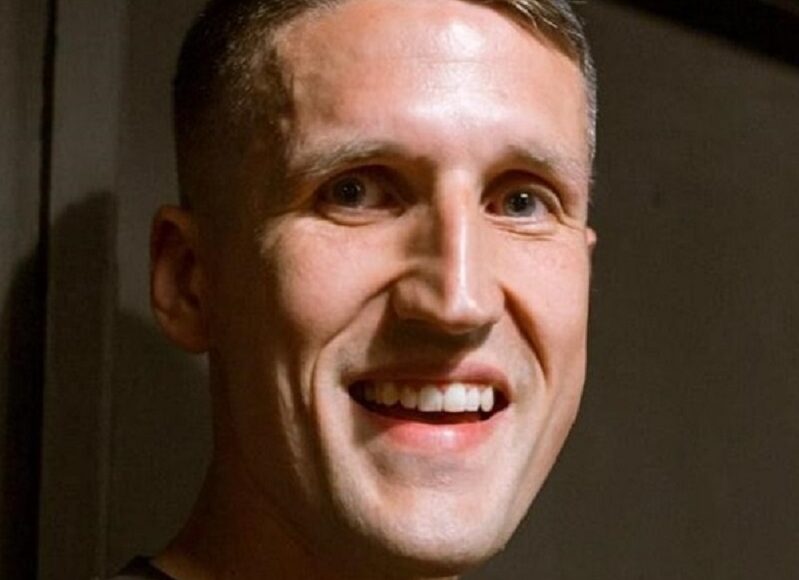
Our Head of Education, Ed Hall, has written about how bullying impacts severely on children’s mental health and what school within our CAMHS hospitals are doing to combat against it.
Why We Acknowledge Anti-Bullying Week
Bullying is recognised as a serious issue for schools, with many failing to keep their students safe. The government and the Department for Education are trying to improve the situation, and all efforts are a step in the right direction, whether it’s the implementation of Relationships, Sex and Health Education that has been designed to reflect a diverse range of views and backgrounds, or the new Online Safety Bill which will help to stop online bullying.
The fast-changing times we are living in, however, means that these actions are never enough. When we asked our students at Cygnet to give us an insight into their experiences, they indicated quite clearly that bullying is on the rise and more needed to be done to eradicate bullying in schools.
Bullying has always existed, we know, but with the rapid development of, and widespread access to technology, bullying is rife and taking many more forms than ever before.
The Anti-bullying Alliance’s United Against Bullying Programme obtained pupil wellbeing data between November 2021 and February 2022, and findings included that about 24% of pupils reported being frequently bullied, and about 6% admitted to frequently bullying others. Unsurprisingly, both kinds of involvement were associated with poorer wellbeing.
If the same questions were asked to young people in Tier 4 CAMHS Units about their experiences in their mainstream school, the percentages would be much higher. Sadly, many of our students know first-hand the impact of bullying and just how devastating this can be on someone’s mental health.
Our Part
When we asked our young people what the impact of bullying is, we got a range of answers including insecurity, isolation and feelings of worthlessness.
Many recognised that bullying was either the reason or a factor in their own mental health decline. This is why at Cygnet we are not only committed to teaching about respect and the importance of celebrating one another’s differences, we are also committed to teaching about resilience and signposting students to support services. The sad fact is that once our students are discharged in the community, they could become vulnerable to bullying once more, because experiences like the ones our young people share are going to have a lasting effect on a person’s psyche. This goes for all young people who experience bullying, whether in a CAMHS unit or not.
Many schools have effective anti-bullying processes, but for the young people in CAMHS hospitals who have experienced it, they argue the effects of bullying could have been avoided if their schools had dealt with incidents in an effective way, or better still created an environment that prevents bullying being a problem in the first place.
We asked our young people how their previous school, prior to their admission with us, dealt with bullying and some of the answers we got were disheartening to say the least. Not only are young people’s voices often not heard, when they are, it’s disregarded or the issue is simply not dealt with effectively.
‘They did nothing but isolate me, so I felt as if I was punished for it.’
‘They told me to leave the school because they couldn’t manage the bullying.’
‘They kept putting me and the bully in a room together to talk about it even though it never worked.’
‘They said I was lying.’
The Solution
There is not a single solution to dealing with bullying, but more must be done to prevent harm to the young people in our society. Students at Cygnet unsurprisingly have strong views on how schools can eradicate bullying; students want to see schools finding ways to encourage students to reach out sooner rather than later, focus on educating pupils on diversity and promote an inclusive environment.
For this to happen, we have to recognise that bullying in schools includes a challenging range of concepts that change and expand, and all adults in school need to stay abreast of what is happening in the lives of the young people in our society and what is important to them.
If we want to change the landscape of peer relationships in schools, we need to make anti-bullying a priority and upskill school staff. It needs to be central to every teacher-training course in the country and pivotal to all aspects of school life. Maybe then we can prevent bullying’s devastating effects on our young people.